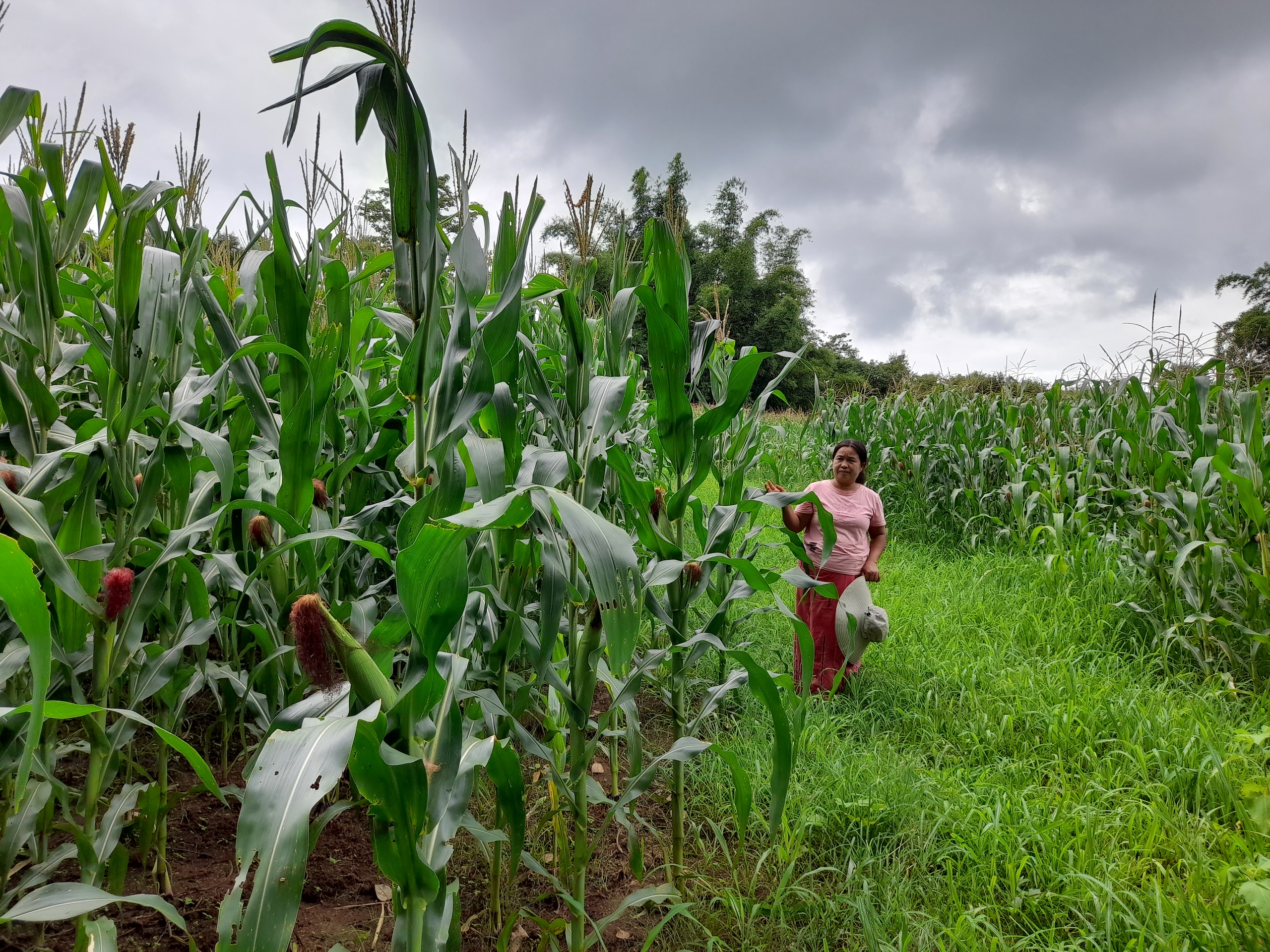Nature Plus Launch

The ADRA network is stepping up to face current dimensions of the hunger crisis in Africa. Nature+ – short for Nature Positive Food Systems for Climate Change Adaptation in East Africa – is a new program that will see ADRA Mozambique and ADRA Kenya teaching new, nature-friendly agricultural techniques for sustainable farming and food security.
Unpredictable and unusual weather patterns in several African countries has made life extremely difficult for local farmers. Hotter temperatures than usual have been drying out both crops and land. And with the soil becoming increasingly dry, hard, and cracked, the occasional rain that does fall does not get absorbed properly and leads to destructive flooding.
There are issues of over-use in some areas as well – with farmers forced to let their herds overgraze certain areas, or deforestation to use wood as a short-term solution for financial struggles. These kinds of activities deplete the land of nutrients and the life cycles that would otherwise occur naturally. Ironically, clearing so much forest for farmland eventually sabotages the quality of soil in the area.
Issues of justice also fuel the problem. Many farmers lack secure land rights – a problem that is true for people in general and especially true for women who run small-scale farm operations.
Nature+ seeks to create revitalized natural food systems in Kenya, Ethiopia, Mozambique, and Zimbabwe. Each of these regions has strong natural biodiversity but is suffering from land degradation; Nature+ is set to address that head-on. Farmers in these communities will receive training on nature-based solutions that will help manage water, improve biodiversity, and sustainably manage the land itself.
The goal here is to allow people in local communities to feed themselves and the people around them, while also building more sustainable livelihoods, empowering those disadvantaged because of their gender, and facilitating greater adaptability to changes in weather and climate.
What does that look like in practice? Some of the unique strategies of the program include:
- Conservation agriculture
- Naturally “regreening” areas with tree planting and “assisted natural regeneration and enrichment planting”
- On-farm water harvesting
- Integrating crop and livestock systems to improve livestock range management.
With funding from Global Affairs Canada and nine member organizations of the Canadian Foodgrains Bank (including ADRA), the project is currently set to run through March of 2026. It is not a short-term project but will begin by creating a strong foundation for further work. The initial three years will involve working directly with 75,000 people, though the ripple effects will be greater than that. That number will be evenly distributed between men and women. In time, the goal is to extend the project over 15 to 20 years and to change lives for the roughly 1,000,000 people living in program areas.
ADRA Canada offers its congratulations and wholehearted support to ADRA Mozambique and ADRA Kenya as they participate in this worthy task.
Let's make a difference together!
Related News and Stories
- News Releases, Stories
- News Releases, Stories
- News Releases, Stories
- News Releases, Stories